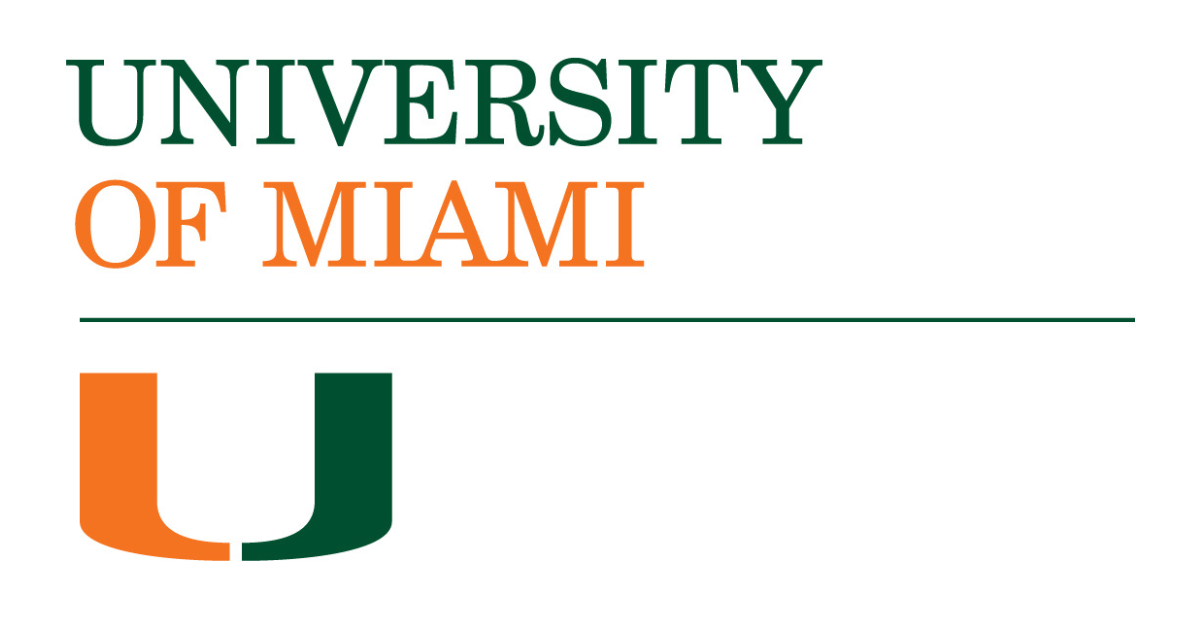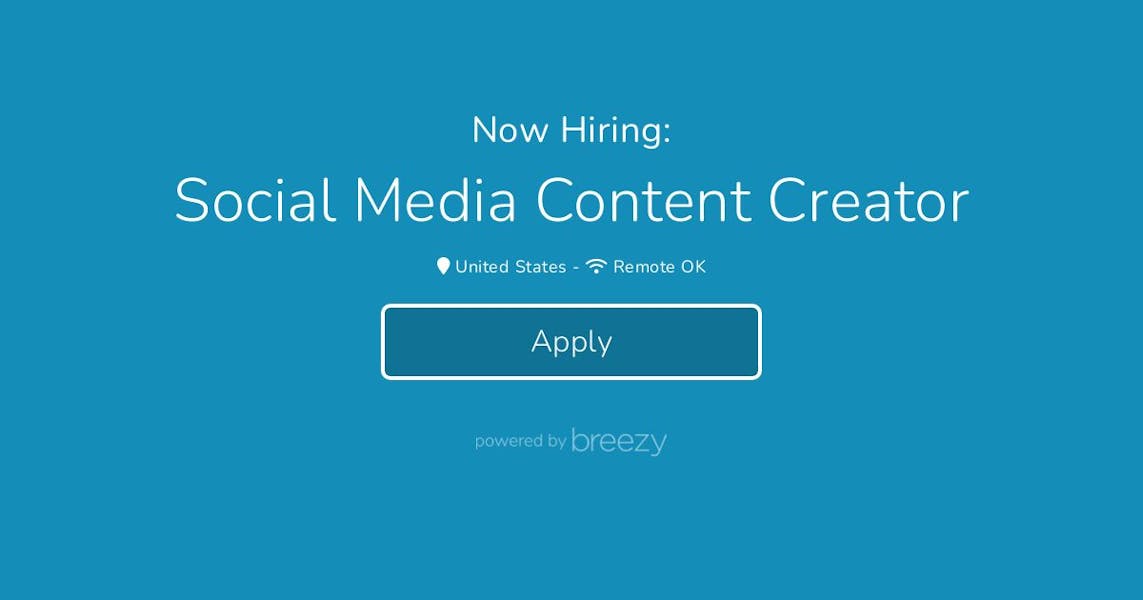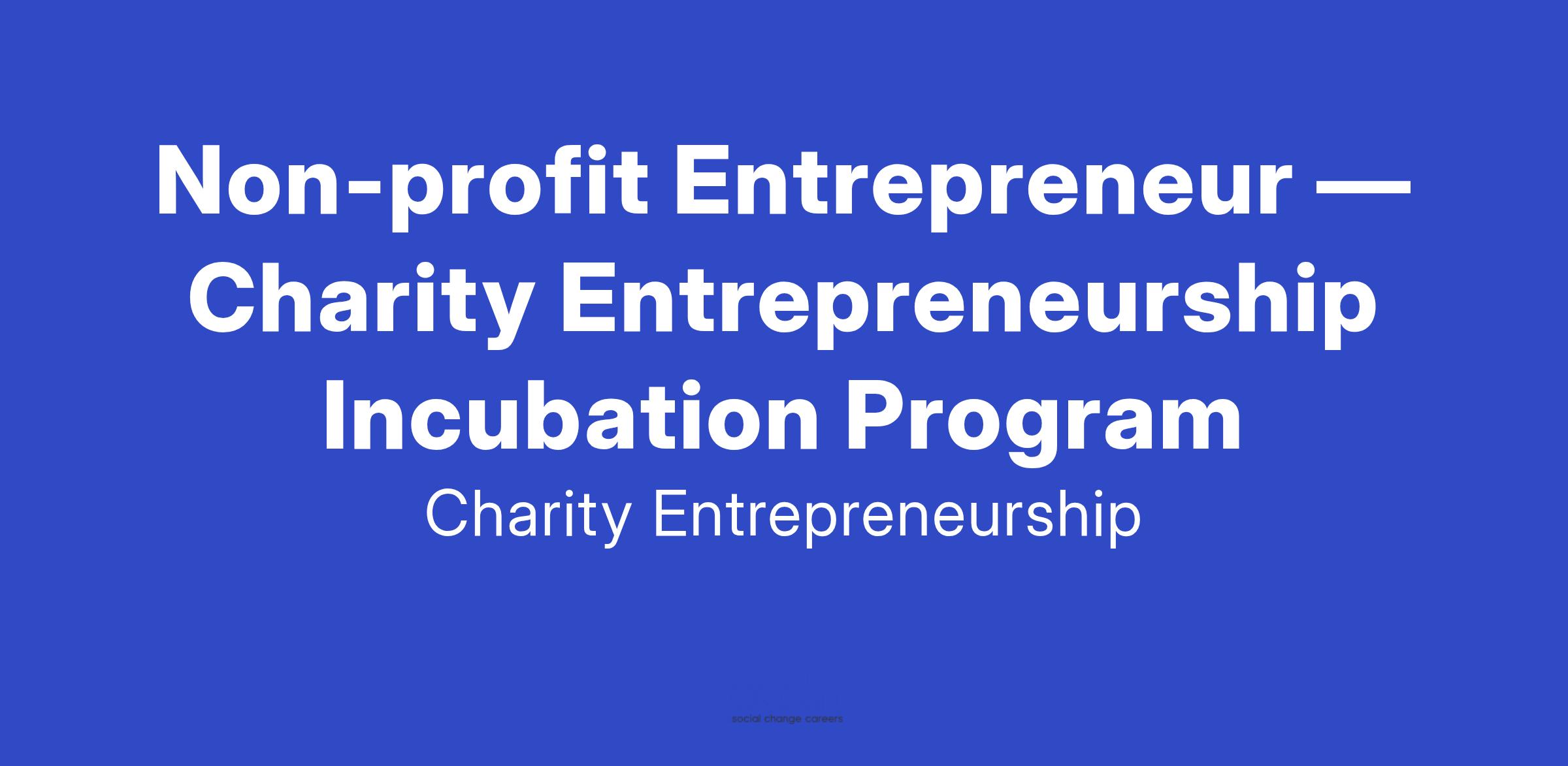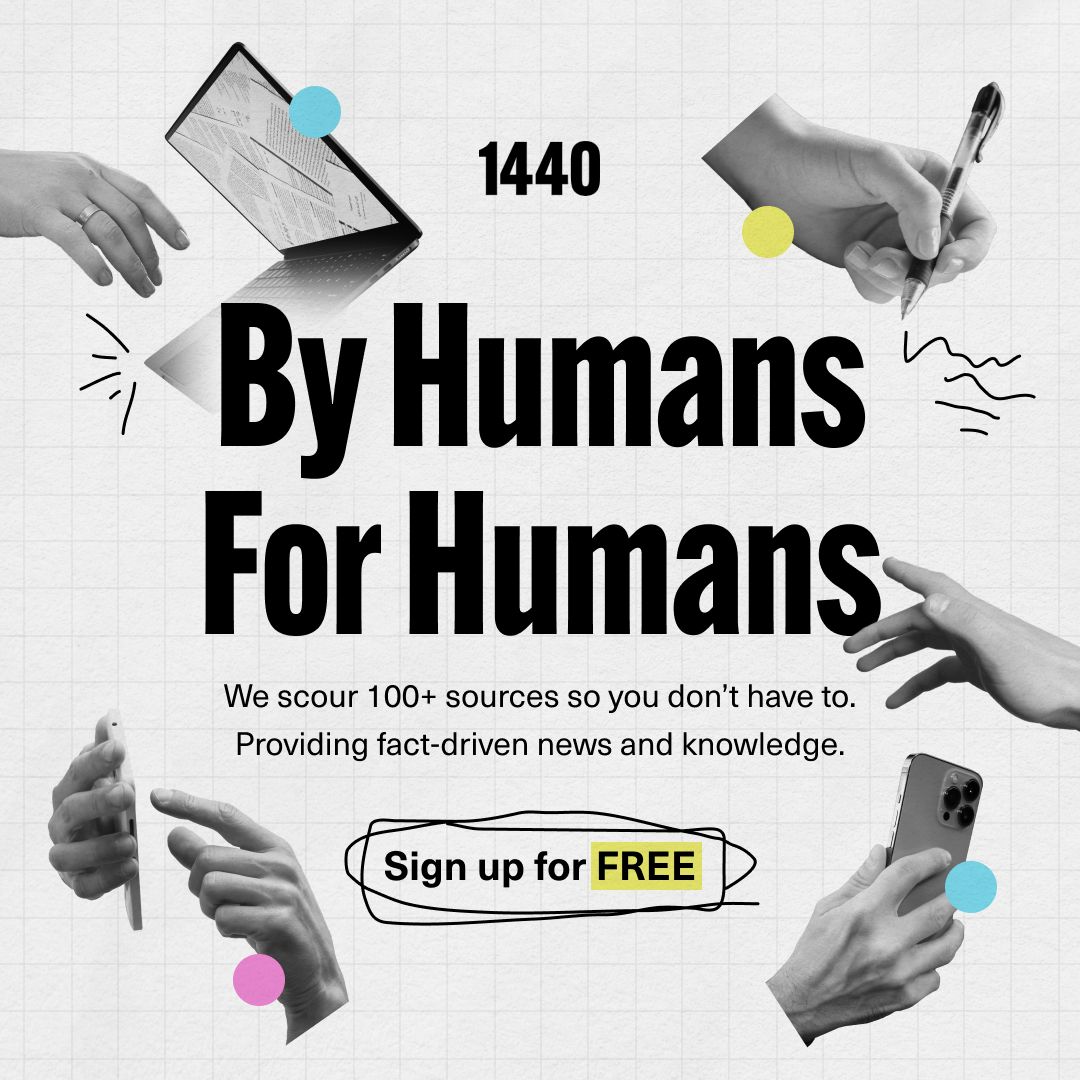AI Agents For The Entire Customer Journey
Ready to Transform Your Enterprise With AI Agents?
Support teams today face rising ticket volumes, shrinking budgets, and growing customer expectations. Hiring more agents isn’t the answer anymore. What if you could resolve customer inquiries ten times faster, with better outcomes, and at a fraction of the cost it takes you today?
Maven AGI is an enterprise AI platform that provides a unified agent experience across the entire customer journey. By integrating with over 100 existing go-to-market systems across sales, customer success, and support, Maven enables organizations to deliver faster, more consistent, and more personalized interactions- all without replacing infrastructure.
Maven AI agents autonomously resolve up to 93% of support inquiries and reduce related costs by as much as 80%. Designed for complex, high-friction environments, Maven unifies systems, syncs functions, and orchestrates real-time action across your enterprise.
We Need More Laughs, Honestly…
My interest in humor and social impact has led me to some fascinating research over the years, and what consistently emerges is comedy's remarkable ability to cross cultural boundaries while driving real change.
Laughter as Resistance
The trajectory of comedy as social change agent spans cultures and continents. In the 1960s, while Dick Gregory was breaking racial barriers on American television, Soviet comedians were using coded humor to critique communist policies through state-approved venues.
Research on humor and social protest reveals consistent patterns across cultures: marginalized groups worldwide have long used comedy as a "weapon of the weak," particularly effective because humor can "neutralize the power of stereotypes that hinder equal participation in society" while spreading messages far more effectively than serious discourse.
In Hong Kong, political satire through nicknames became a form of collective resistance, with comedic labels for political figures serving as "acts of collective reproduction" that unified opposition movements. Similarly, in Latin America, comedians have used humor as a tool for justice, addressing corruption and human rights abuses through satirical performance that reaches audiences across class and education divides.
Five Aspects of Humor
Research across multiple cultures has identified five mechanisms through which humor consistently drives social transformation globally:
Creating psychological permission for dangerous conversations remains universally effective. Whether addressing caste systems in India, racial tensions in South Africa, or political corruption in Brazil, humor provides what researchers call "safe entry into taboo topics" by temporarily lowering psychological defenses. This mechanism operates consistently across cultural contexts because the neurological response to laughter transcends cultural boundaries.
Building empathy across social divides through shared laughter creates temporary bonds that can reduce prejudice across different cultural contexts. Research from various international settings shows that when diverse audiences laugh together, they experience social bonding that challenges traditional dividing lines—whether those divisions are racial, religious, political, or economic.
Activating hope rather than fear as motivating emotions proves particularly effective in post-conflict societies and emerging democracies. Unlike fear-based messaging that creates short-term compliance, humor generates positive emotional states that create more sustained behavioral change. This principle has been documented in transitional societies from Eastern Europe to post-apartheid South Africa.
Increasing message memorability through emotional encoding leverages universal neurological advantages. Across cultures, the brain processes comedic information through emotional associations that create stronger, more durable memories than purely factual information. This cognitive advantage explains why comedic social commentary persists in oral traditions worldwide.
Enhancing message shareability has been amplified exponentially by digital platforms, allowing local comedic content to achieve global reach. Satirical content from Nigeria's Nollywood, India's stand-up scene, and Britain's panel shows now circulates globally, creating cross-cultural understanding of shared human experiences with authority and injustice.
South Park…
I'll admit—South Park was never really on my radar (I knew it existed) until everyone kept insisting their recent episodes on Trump, ICE, and AI were brilliantly crafted.
What's fascinating about creators Trey Parker and Matt Stone's approach is how they've transformed elementary school dynamics into a lens for examining adult political failure.
Their recent federal takeover episode demonstrates what researchers call "paradoxical thinking"—exaggerating agreement with problematic viewpoints until their absurdity becomes undeniable. I just watched last week’s episode on AI and its impact on people and was laughing quite joyously.

Gif by southpark on Giphy
Three jokes that showcase universal satirical principles:
Towelie (apparently a sentient towel character) surveying Washington D.C. filled with military vehicles and observing, "This looks like the perfect place for a towel." The absurdist transformation of a nation's capital into a place where bathroom accessories recognize authoritarianism translates beyond American politics.
Their portrayal of Kristi Noem as solving every problem by shooting dogs creates visual comedy that makes actual real-world behavior seem more ridiculous than fiction—a technique that works regardless of specific political knowledge.
Eric Cartman being out-trolled by a fourth-grade White nationalist podcaster captures the intellectual poverty of online extremism through playground dynamics that resonate globally.
What makes their Trump episodes particularly effective is making him impossible to satirize by depicting him exactly as absurd as reality and I am sure he doesn’t like it.
Humor Can Backfire
International research reveals humor's potential for both liberation and harm across different cultural contexts. I’ve definitely seen examples where humor goes wrong, I remember one comedy show in Belfast I attended where one of the comedians was just cruel and not funny at all. Studies from the American Psychological Association demonstrate that satirical attacks can be more damaging than direct criticism, while research from various cultural contexts shows how comedy can either challenge or reinforce existing power structures.
Critical limitations vary by cultural context:
In authoritarian societies, satirical targeting of marginalized groups can amplify state oppression, while in democratic contexts, similar humor might simply perpetuate social prejudices. The Charlie Hebdo attacks highlighted how satirical content that seems acceptable in one cultural context can provoke violent responses in another.
Cultural translation challenges create significant barriers for global satirical content. British satirical television like "Have I Got News for You" relies heavily on cultural references that don't translate internationally, while American late-night comedy often assumes knowledge of domestic political figures and processes.
Digital amplification risks mean that locally appropriate humor can be stripped of context and cause international offense. What works as social commentary within one cultural framework can appear discriminatory or insensitive when shared globally through social media platforms.
Some Laugh Resources
Some good ones.
Essential Global Shows and Publications:
The Daily Show has inspired satirical news formats worldwide, from Canada's "This Hour Has 22 Minutes" to Australia's "The Weekly with Charlie Pickering."
Charlie Hebdo continues pushing boundaries despite facing violent opposition, demonstrating both satirical power and its risks in global contexts.
International Satirical Television:
Britain's BBC satirical programming including "Mock the Week" and "The Mash Report" provides sharp political commentary from European perspectives.
Germany's "heute-show" offers satirical news with distinctly European sensibilities, while Australia's "Mad as Hell" brings antipodean perspectives to global issues.
Global Podcasts and Digital Platforms:
The Bugle provides "trans-global satirical coverage" with comedians from multiple continents breaking down international news.
Comedy festivals worldwide from Edinburgh Fringe to Montreal's Just for Laughs increasingly showcase comedians explicitly focused on social justice themes, creating global networks of change-oriented performers.
International Organizations:
The Center for Media & Social Impact explores comedy's role in dire circumstances across cultural contexts.
Open Society Foundations documents humor's role in justice movements across Latin America and other regions.
Some Laughs.
Bassem Youssef's observation during the Arab Spring: "We had a revolution to get rid of one dictator, and now we have thousands of mini-dictators on social media."
Trevor Noah's perspective on global conflicts: "People always ask me, 'Trevor, how can you make jokes about such serious issues?' I say, 'Because if we don't laugh, all we're left with is crying, and I've already done that.'"
The revolution may indeed be hilarious—and increasingly, it's happening simultaneously across continents, connected by shared laughter that transcends borders while addressing universal human experiences with power, injustice, and hope for change.
Fact-based news without bias awaits. Make 1440 your choice today.
Overwhelmed by biased news? Cut through the clutter and get straight facts with your daily 1440 digest. From politics to sports, join millions who start their day informed.
Check out the PCDN Career Digest
Social Impact News & Resources
😄 Joke of the Day
Why don’t calendars ever get nervous?
Because their days are already numbered.
🌐 News
🇺🇸 The Intercept reports that the U.S. is increasingly denying student visas to international students, especially from Muslim-majority countries, raising concerns about academic freedom, discrimination, and soft power diplomacy. Read more
🇦🇷 Inside Climate News explores how China’s Belt and Road Initiative in Argentina is leaving behind a trail of environmental damage, including deforestation, water pollution, and community disruption, sparking local resistance and calls for sustainable development. Read more
🇬🇹 Global Voices shares a powerful story on how Mayan communities in Guatemala are cultivating a culture of cybersecurity, combining ancestral knowledge and digital literacy to protect their rights and data. Read more
💼 Jobs, Jobs, Jobs
Looking to make an impact—or hire the next changemaker? 🌍
PCDN Global’s Job Board has 800+ social impact jobs updated daily across sustainability, peacebuilding, human rights, development, and more.
🔗 Explore today’s opportunities
🔗 LinkedIn Profile to Follow
Kevin De Liban – A legal aid attorney and systemic justice advocate, Kevin uses data, narrative, and policy to advance economic and racial equity, especially in the American South.
📎 Follow Kevin on LinkedIn



















Social Impact Opportunities